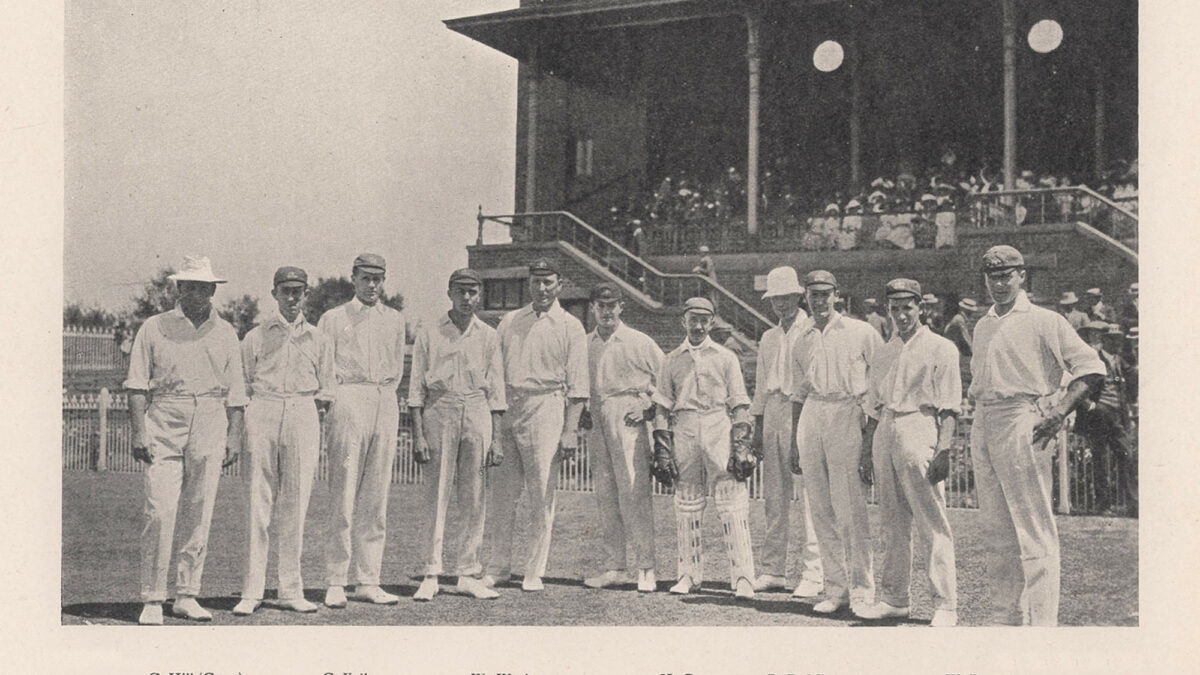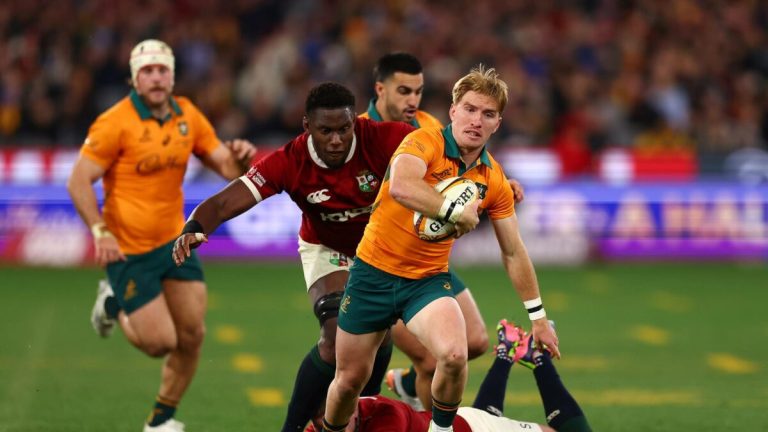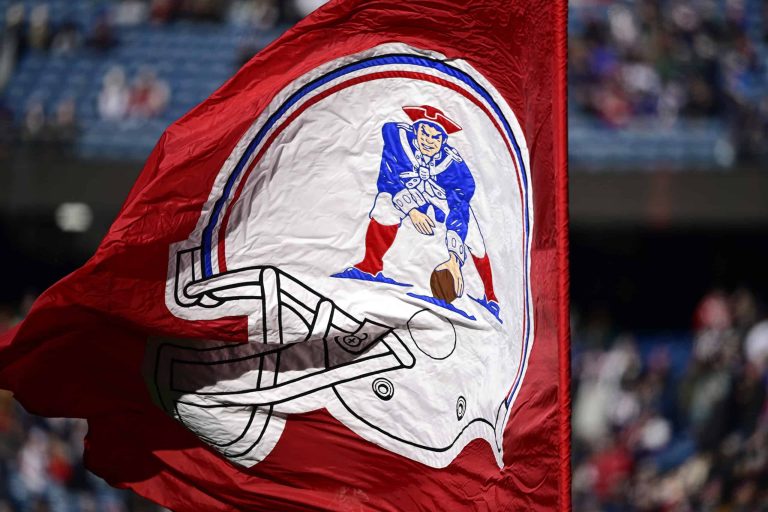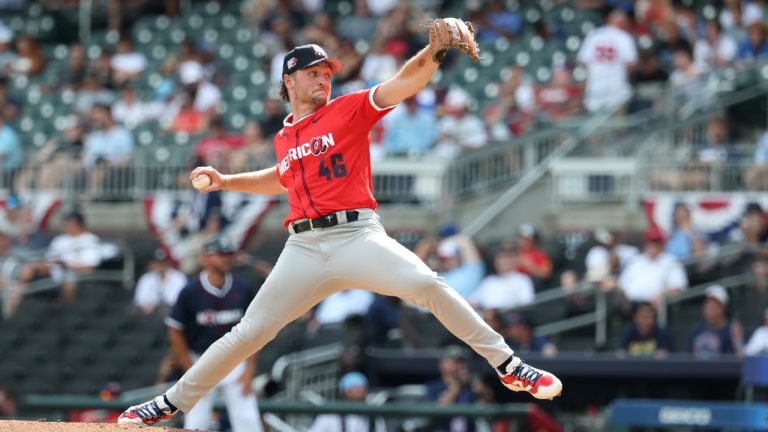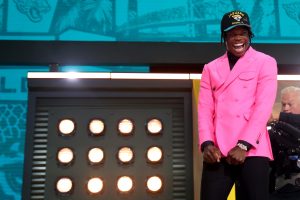You know, there are days when cricket isn’t just about runs, wickets, or those epic catches we keep seeing on replay. Some days, it’s way bigger than just a game. One of those days is ANZAC Day.
And this year, when Cricket Australia and current Australian cricket players took a moment on social media to honour the first-class cricketers who went off to fight for their country and never came back, I couldn’t help but stop and reflect. Because today, cricket feels less about the scoreboard and more about memories, sacrifices, and stories that deserve to be told.
Cricket and Australia, it’s a bond we all know is pretty much stitched into the country’s DNA. Just like those ANZAC soldiers who fought on the beaches of Gallipoli, cricket has been a part of Australia’s soul for over a century. And when World War I and II broke out, cricket didn’t just pause it sent its best and brightest into battle.
Let’s talk about Albert ‘Tibby’ Cotter first. Ah, Tibby the original tearaway fast bowler, well before we had the Brett Lees and Mitch Johnsons of the world. If you faced Tibby Cotter in the early 1900s, good luck keeping your wicket standing! But when the war sirens rang, Tibby didn’t hide behind his fame.
He volunteered. Became a stretcher-bearer, running into gunfire to save others. Tibby was killed at Beersheba in 1917, charging on horseback in one of history’s most famous cavalry battles. A cricket warrior turned real-life warrior.

The Australian XI for the Fourth Test vs England at Melbourne, 1911 (1912) (Photo by The Print Collector/Getty Images)
And then there’s Ross Gregory. Now this one really tugs at your heart. Gregory had everything. He was a Test cricketer at 21, stylish, composed, a batsman who you knew would’ve scored mountains of runs for Australia. Some even whispered he could have been a future captain. But instead of runs, fate handed him a bomber cockpit over Burma in World War II. Ross never came back. Just like that, Australia lost not just a player, but a future legend.
But perhaps the most haunting story is that of Norman Callaway. You probably know the stat: one first-class match, one innings, 207 not out. Let that sink in. A batting average of 207! Even better than that of The Don.
Every cricketer dreams of numbers like that, but Callaway never got a second chance. He went to fight in France during World War I, and like so many others, never returned. Gone at 21, with only one innings, but a story that’s lasted more than a hundred years.
And the thing is, these aren’t the only stories. These are just a few names that have been immortalised in cricketing history. Behind them are so many more cricketers, players who had their own dreams, their own talents, their own moments waiting to happen but instead, answered a far greater call. Their stories deserve to be remembered just as much.
These men weren’t just players; they were dreamers. They were sons, brothers, mates who could have gone on to lift trophies, break records, inspire the next generation. Instead, they became part of a much bigger history — a history that cricket is forever proud of, even though it hurts to remember.
And you know what’s even more touching? Even in the middle of war, cricket still found a way. In 1915, during the evacuation at Gallipoli, Aussie soldiers famously played a cricket match at Shell Green. Imagine that for a second, bombs going off, enemies lurking nearby, and there they are, playing a game. Just to feel normal. Just to feel human again.
Today’s players – the Cummins, the Smiths, the Healys,they don’t carry rifles, but they still carry that spirit. That mateship. That grit. That “never say die” attitude that Australian cricket is known for worldwide. It’s not just about wearing the baggy green; it’s about respecting the people who made it mean something.
So on days like ANZAC Day, when the Last Post plays and the stands fall silent, it’s more than just a tradition. It’s cricket tipping its hat to the brave souls who swapped the cricket pitch for a battlefield. They played the most important innings of all and paid the ultimate price.
And as the sun sets behind the MCG or SCG, and kids dream about hitting sixes or taking five-fors, I hope we all remember: the game we love was shaped by those who loved something even more.
Lest We Forget.
The fallen cricketers we honour:
Percy Abell
William Anderson
Harold Baker
Harold Bartlett
Sidney Beal
Robert Bird
Albert ‘Tibby’ Cotter
Norman Callaway
Ross Gregory
Bruce Goold
Gordon Campbell
Ernest Carroll
Victor Gregory
Gordon Hodgson
Clarence Kelleway
Richard Minifie
Alexander Niblo
William Oatley
Henry Osborn
Francis Rowe
Eric Shortland
David Steele
Ernest Vickery
Frederick Yeomans
And many more whose legacies live beyond the game.
